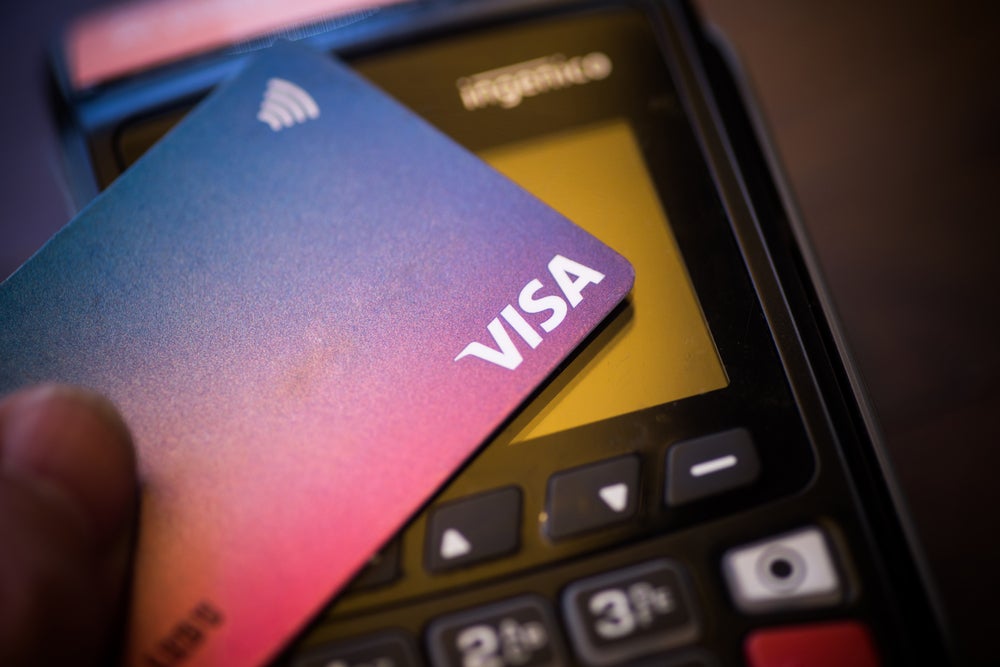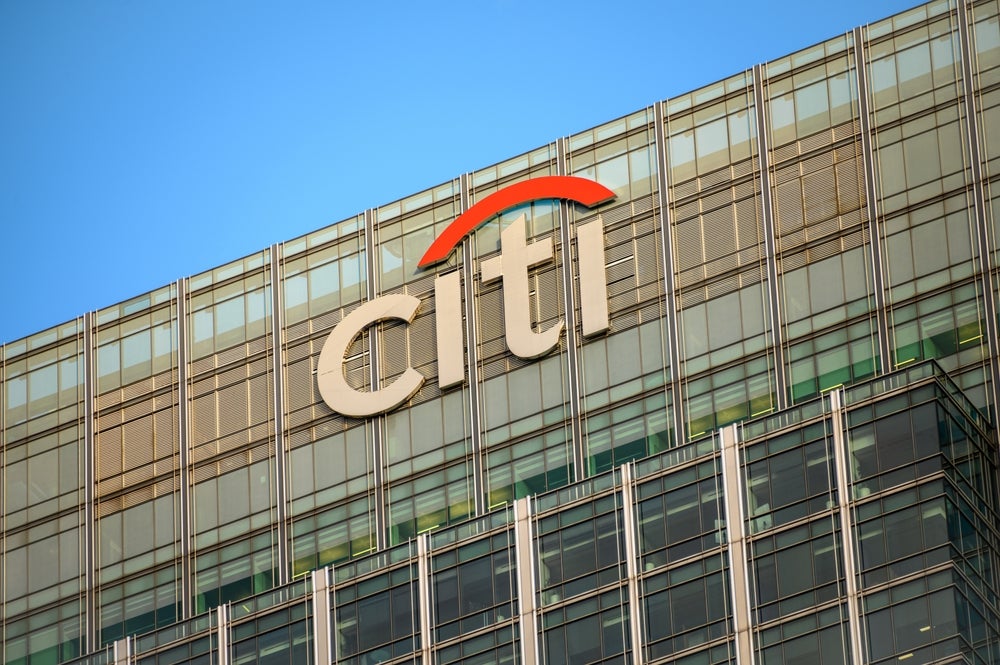The Payments Council has announced that its new payments system, potentially linking every current account in the UK via a mobile number is to be called Paym and will be available from April. Expect it probably won’t as banks will have to incorporate this into their systems themselves. Billy Bambrough takes a look at the new consumer payment tool for the UK
If I had spent a lot of time and money developing a mobile payments system which was the envy of banks around the world and was then told that all banks in my core market would be getting the same service effectively for free I would be unhappy to say the least. This is precisely what has happened to Barclays whose lauded Pingit app is about to be undercut by a national service.
Despite slower customer adoption than the bank would have liked, Barclays should be very proud of everything that it achieved with Pingit. We certainly wouldn’t be looking at the possibility of linking every current account in the UK with a phone number in the next two years without it.
The service has garnered rave reviews and far fewer disgruntled customers than such a novel system deserves (especially one that was created with the approach of a start-up with in a global bank – who would have thought that could ever work!?). Although, while an industry darling and poster boy for UK banking innovation Pingit has been far more popular with bankers than it has with customers, with 2m downloads and £10m sent so far.
So what happened? Why has Barclays not enjoyed leading this field for the next few years, comfortably miles ahead of other high street lenders and able to laugh as they scramble to keep up?
Well, in a word, Zapp happened. Vocalink built it and managed to get a few banks involved, giving it their support and certainly making it look as though a fair few high street banks were involved. Originally Zapp was going to include a P2P option via a mobile number, a la Pingit. If it had, Zapp would be looking much more like a Pingit competitor than it currently is.
How well do you really know your competitors?
Access the most comprehensive Company Profiles on the market, powered by GlobalData. Save hours of research. Gain competitive edge.

Thank you!
Your download email will arrive shortly
Not ready to buy yet? Download a free sample
We are confident about the unique quality of our Company Profiles. However, we want you to make the most beneficial decision for your business, so we offer a free sample that you can download by submitting the below form
By GlobalDataInstead, The Payments Council agreed with Vocalink that the P2P element of Zapp would be made available separately to all UK banks but remain running on the Vocalink infrastructure (without any Vocalink involvement I am assured).
While Paym is officially endorsed by each of the banks, Zapp is no such thing – having only HSBC, Nationwide, Santander, and Metro Bank signed up. This raises the question of whether Zapp is now considered the UK official mobile payments app by association with Paym?
It doesn’t end here.
The reason for Barclay’s annoyance will be more than just frustration over other banks enjoying the spoils of its success after such a short time in the sun.
As we can see here the company picking up the acquiring fee from Zapp is WorldPay, not, as with Pingit, Barclaycard.
If the options you have to pay are by card, Zapp, or Pingit the store will almost certainly prefer you to pay by Zapp or Pingit depending on who their acquirer is (Baclaycard and WorldPay take around 70% of the UK’s acquiring market). In a press release from WorldPay and Zapp they say they will work together to make Zapp available to merchants in 2014.
This works out as a good deal for the merchant because they will not have to pay any interchange. On top of this acquirers get a good deal by not have to pay the card schemes as the money comes straight from the payers bank account using, in the UK, the Faster Payments network which is run by, you guessed it, VocaLink.
A few years ago MasterCard and Visa sat as the undisputed kings of payments. Looking at how people might be paying in 2015 the card companies don’t seem to have much of a stake in future payments. Paypal is still around but charging far too much for a P2P payment. The market was, every thought, the telecos to lose. They had an open goal it seems and missed.
We are in the middle of a vast shift in how P2P, consumer and international payments work. Card companies are out. Telecos are out. Bitcoin has showed us that we don’t need the banks so how long before they’re out too?






